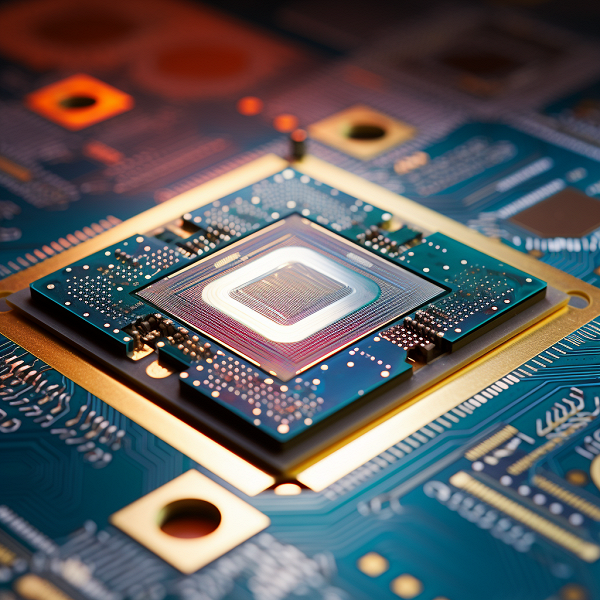Details from Nikkei
According to Nikkei insider data, Chinese chip manufacturer SMIC is developing a 3nm process technology, despite key hardware difficulties caused by US sanctions. The chip manufacturer is denied access to advanced chip manufacturing equipment supplied to the United States.
SMIC has reportedly developed a second-generation 7nm process that can be used to produce processors for smartphones. The new report states that SMIC is conducting research in 5nm and 3nm class process technologies. Research is carried out in-house by the company's R&D team. The team is led by one of the company's executives, Liang Mong-Song, who worked at TSMC and Samsung. He is considered one of the most brilliant minds in the semiconductor industry.
The US sanctions regime has not been able to completely stop SMC's progress in developing advanced chips beyond the 7nm process. This may have seriously slowed down the company's work, but it did not stop it.
SMIC is currently the fifth largest contract chip manufacturer in the industry. The company lost access to advanced wafer manufacturing tools, which severely limited its ability to introduce new processes. As a result of the sanctions, SMIC was unable to obtain extreme ultraviolet (EUV) lithography tools from ASML. However, for its 2nd generation 7nm process technology, the company relied solely on deep ultraviolet (DUV) lithography.

